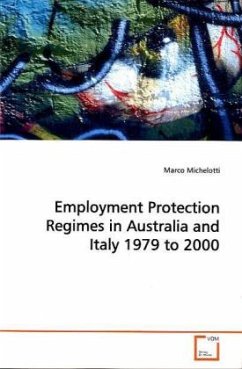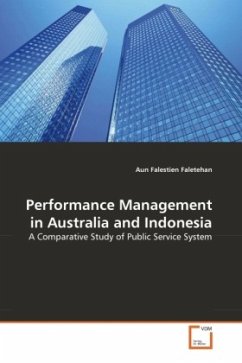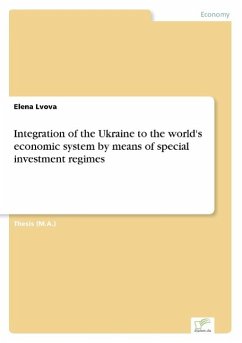The primary objective of this book is to measure and
compare the evolution of labour standards in
Australia and Italy over the 1979-2000 period.In
order to achieve this aim, non-parametric absolute
indexes are generated for each country for 1979 and
2000 to assess the strength of the following
standards: minimum wage, overtime, paid time off,
unemployment/employment insurance, workers
compensation, collective bargaining, equal
employment opportunity/employment equity, unfair
dismissal, occupational health and safety and large-
scale layoffs.The main finding of the study is that
the Australian and Italian employment protection
systems converged over the 1979-2000 period. Both
countries increased the protection accorded to
labour standards although one index, collective
bargaining, significantly decreased in Australia
following the downgrading of compulsory conciliation
and arbitration and the decentralisation of the
locus of bargaining. This development proved to be
crucial as it seriously undermined Labour s capacity
to bargain with Capital in the antipodal country.
compare the evolution of labour standards in
Australia and Italy over the 1979-2000 period.In
order to achieve this aim, non-parametric absolute
indexes are generated for each country for 1979 and
2000 to assess the strength of the following
standards: minimum wage, overtime, paid time off,
unemployment/employment insurance, workers
compensation, collective bargaining, equal
employment opportunity/employment equity, unfair
dismissal, occupational health and safety and large-
scale layoffs.The main finding of the study is that
the Australian and Italian employment protection
systems converged over the 1979-2000 period. Both
countries increased the protection accorded to
labour standards although one index, collective
bargaining, significantly decreased in Australia
following the downgrading of compulsory conciliation
and arbitration and the decentralisation of the
locus of bargaining. This development proved to be
crucial as it seriously undermined Labour s capacity
to bargain with Capital in the antipodal country.








